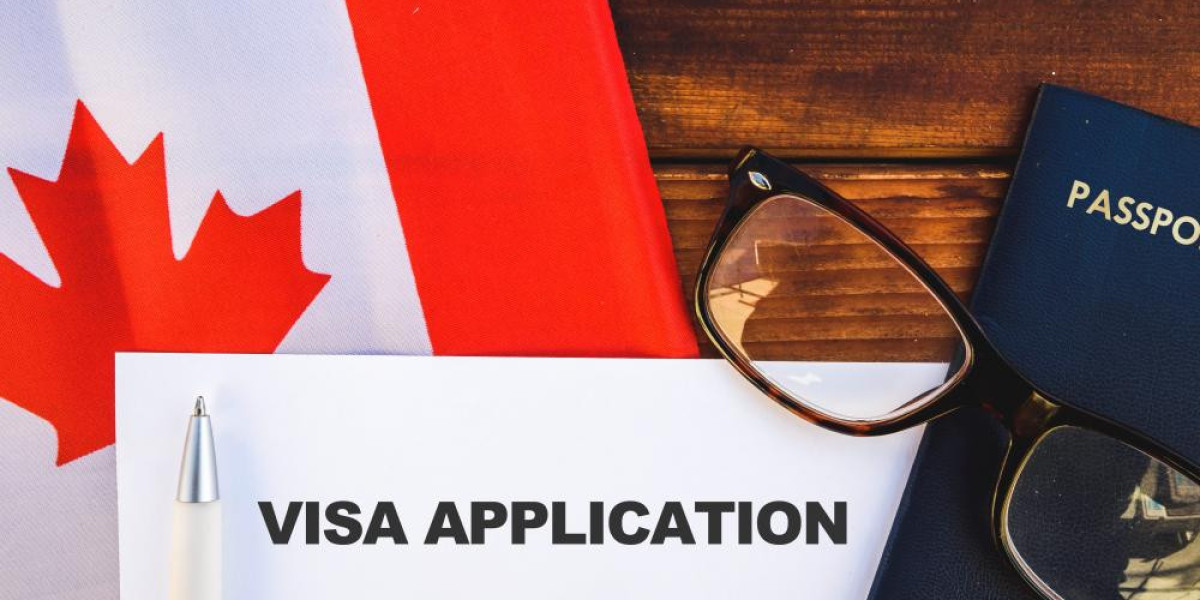Studying in Canada is a dream for many international students due to its high-quality education system, multicultural environment, and beautiful landscapes. However, one of the critical steps to making this dream a reality is obtaining a Canada study visa, also known as a study permit. Understanding the processing time for a Canada study visa is crucial for planning and ensuring timely entry into the country. This comprehensive guide explores the various factors influencing the processing time, the average duration, and tips to expedite the process.
What is a Canada Study Visa?
A Canada study visa, or study permit, is an official document issued by Immigration, Refugees and Citizenship Canada (IRCC) that allows international students to study at designated learning institutions (DLIs) in Canada. It is not a visa itself but a permit that accompanies a temporary resident visa or an electronic travel authorization (eTA) to enter Canada.
Factors Influencing the Processing Time
Several factors can affect the processing time for a Canada study visa, making it essential to understand and address these elements to ensure a smooth application process.
Country of Residence
The country from which you are applying plays a significant role in determining the processing time. Visa offices in different countries handle varying volumes of applications, which can influence how quickly your application is processed. For instance, applicants from countries with higher volumes of visa requests might experience longer processing times.
Completeness of Application
Submitting a complete and accurate application is crucial for timely processing. Incomplete applications or missing documents can lead to delays, as the visa office may need to request additional information. Ensuring that all required documents are included and correctly filled out can significantly reduce the processing time.
Time of Year
The time of year when you apply for a study visa can also impact processing times. The peak application periods, typically before the start of academic terms in January and September, see a higher volume of applications. Applying during these times may result in longer processing times due to the increased workload at visa offices.
Biometrics and Medical Examinations
Applicants from certain countries are required to provide biometrics (fingerprints and a photo) as part of their application. Additionally, some applicants may need to undergo medical examinations. These requirements can add to the overall processing time, especially if there are delays in scheduling these appointments.
Background Checks and Security Clearances
Background checks and security clearances are standard procedures in the visa application process. These checks ensure that applicants do not pose a security risk to Canada. The time taken for these checks can vary, depending on the applicant’s country of residence and personal history.
Average Processing Time
The average processing time for a Canada study visa can vary widely based on the factors mentioned above. On average, it takes about 4 to 12 weeks to process a study permit application. However, this timeframe can be shorter or longer depending on the specifics of the application and the applicant's country of residence.
Processing Times by Region
Asia-Pacific Region: Processing times for applicants from countries like India and China can range from 4 to 8 weeks, depending on the time of year and volume of applications.
Europe, Middle East, and Africa: Applicants from these regions may experience processing times ranging from 6 to 12 weeks, influenced by local visa office workloads and regional factors.
Americas: Processing times for applicants from North, Central, and South America generally fall within the 4 to 8-week range, with variations based on specific country conditions.
Tips to Expedite the Application Process
While some factors influencing the processing time are beyond an applicant’s control, there are several steps you can take to help expedite the process.
Apply Early
One of the most effective ways to ensure a timely visa process is to apply early. Submitting your application well in advance of your intended start date allows ample time for processing and addressing any unforeseen delays. Aim to apply at least six months before your planned arrival in Canada.
Gather All Required Documents
Ensure that you have all the necessary documents ready before starting your application. This includes your acceptance letter from a designated learning institution, proof of sufficient financial support, a valid passport, and any additional documents required based on your country of residence. Double-checking your documents for completeness and accuracy can prevent delays caused by missing information.
Follow Instructions Carefully
Carefully read and follow all instructions provided by IRCC. Incorrectly filled forms or failing to follow specific instructions can lead to processing delays. If you are unsure about any part of the application, seek clarification or assistance to ensure everything is completed correctly.
Provide Biometrics and Medical Exams Promptly
If you are required to provide biometrics or undergo a medical examination, schedule these appointments as soon as possible. Delays in providing biometrics or completing medical exams can extend the processing time for your study visa.
Use the Student Direct Stream (SDS)
The Student Direct Stream (SDS) is an expedited visa processing program available for students from certain countries, including China, India, Morocco, Pakistan, the Philippines, Senegal, and Vietnam. The SDS aims to process study permit applications within 20 calendar days, provided that applicants meet specific requirements, such as higher language proficiency and proof of sufficient financial resources.
Monitor Your Application Status
Regularly check the status of your application through your online account with IRCC. Monitoring your application status allows you to stay informed about any updates or additional information requests from the visa office. Promptly responding to these requests can help keep your application on track.
Seek Assistance from a Qualified Consultant
If you find the application process challenging or confusing, consider seeking assistance from a qualified immigration consultant. An experienced consultant can provide valuable guidance, ensure your application is complete, and help navigate any potential issues that could delay processing.
Common Pitfalls to Avoid
Understanding common pitfalls in the study visa application process can help you avoid unnecessary delays and increase your chances of a smooth and timely approval.
Incomplete or Inaccurate Applications
One of the most common reasons for delays is submitting incomplete or inaccurate applications. Ensure all forms are filled out correctly, and all required documents are included. Double-check for accuracy to avoid any issues that could lead to processing delays.
Insufficient Financial Proof
Providing adequate proof of financial support is crucial for your study permit application. Ensure that you have documented enough funds to cover tuition fees, living expenses, and return transportation. Insufficient financial proof can result in delays or even rejection of your application.
Late Biometrics or Medical Exams
Delays in scheduling biometrics appointments or medical examinations can extend the processing time for your study permit. Schedule these appointments as soon as possible to avoid unnecessary delays.
Ignoring Application Deadlines
Pay close attention to deadlines provided by your designated learning institution and IRCC. Missing these deadlines can significantly impact your ability to obtain a study permit in time for your intended start date.
Conclusion
Understanding the processing time for a Canada study visa is essential for international students planning to study in Canada. By being aware of the factors that influence processing times, following best practices, and avoiding common pitfalls, you can increase your chances of a timely and successful application. Applying early, gathering all required documents, and seeking assistance when needed are key steps to ensuring a smooth process. With careful planning and preparation, you can achieve your goal of studying in Canada and experiencing all that this vibrant and diverse country has to offer.



